By Eric Vandenbroeck and co-workers
The profound effects
of the British Empire’s actions in the Arab World during the First World War
can be seen echoing throughout the history of the 20th century. Several
instances like the debates surrounding the
Sykes–Picot agreement have
shaped the Middle East. But none was as important as the machinations of Sharif Hussein Ibn Ali 1853-1931. The making of the
Middle East.
Istanbul,
at the Beginning of the First World War.
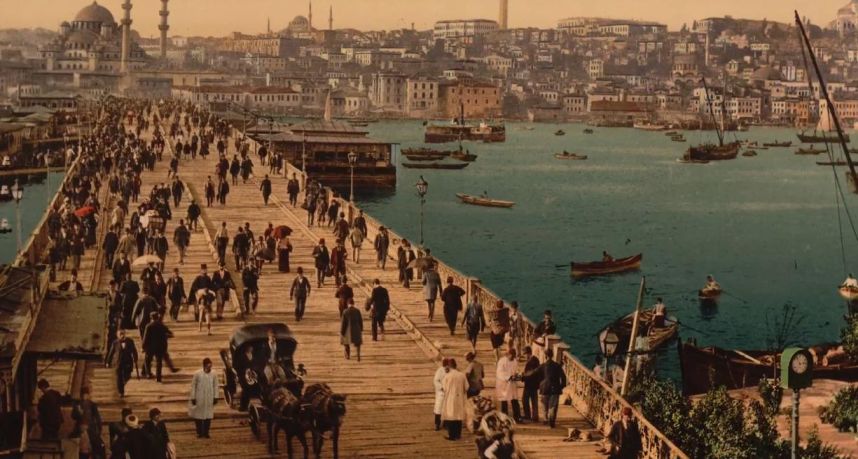
Below is Sharif Hussein discussing with Adolf
Hitler how the Middle East should be handled:
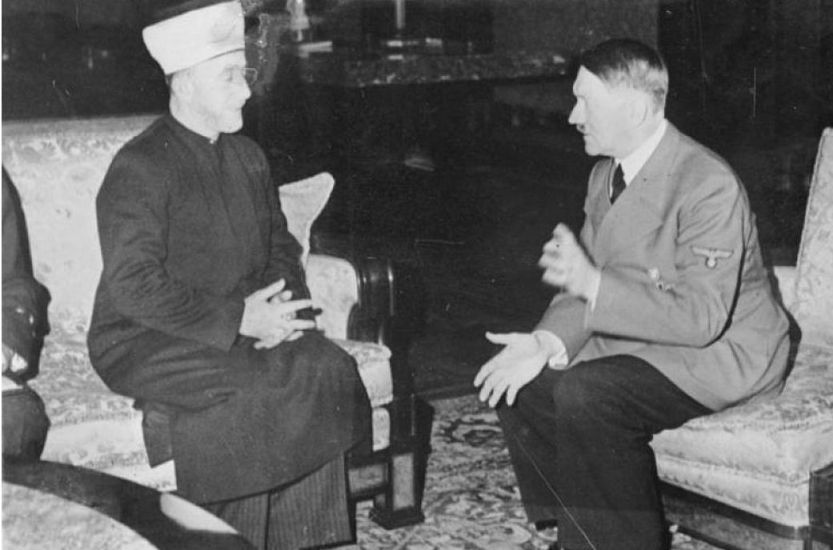
What Happened?
The crux of the explanation of these events, which now
loom so large, is that initially British Edward Grey and his Foreign Office
officials were not very much alive to the significance of what they were doing
because for them Middle Eastern affairs were simply not that important. This
meant that as long as Grey and his civil servants
perceived the advice of various experts not to be inconsistent with the essence
of the Foreign Office’s policy – to uphold the Entente with France – they were
prepared to follow it.
Edward Grey
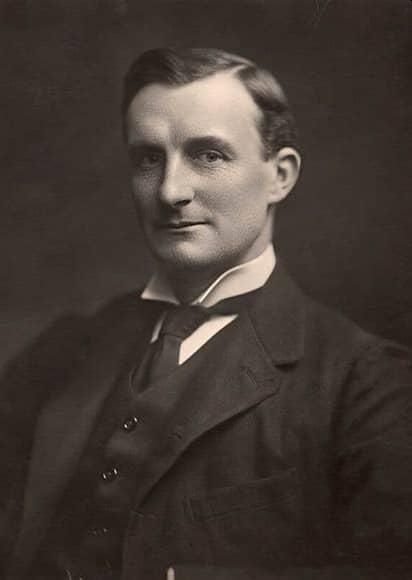
This is why they
acted without much ado upon recommendations by Lord Hardinge, Lord Kitchener,
Sir Reginald Wingate, McMahon and Sir Mark Sykes, even when these contradicted
one another. This tendency was especially prominent during the first months of
the war when Cairo was alternately instructed to encourage the Arab movement in
every way possible and to refrain from giving any encouragement.
The sudden change in the summer of 1915,
from a policy of restraint concerning the Middle East to an active, pro-Arab
policy, may also be explained in this manner. Perhaps Wingate and McMahon were
able to outstrip the India Office and the Government of India as the Foreign
Office’s premier advisors on the Arab question because they were, after all, in
the service of the Foreign Office, perhaps because Austen Chamberlain had
succeeded Lord Crewe as secretary of state for India, but the main point is
that Sir Edward and his officials need not have had ‘good’ reasons for thinking
that Wingate and McMahon were in a better position to judge how to react to
Hussein’s opening bid. Wingate’s letters and memoranda played a role in the
Foreign Office’s conversion to a more active, pro-Arab policy, but it is highly
improbable that Grey and his officials would have been receptive to Sir
Reginald’s arguments if they had invested heavily in the policy of restraint
advocated by the Indian authorities.
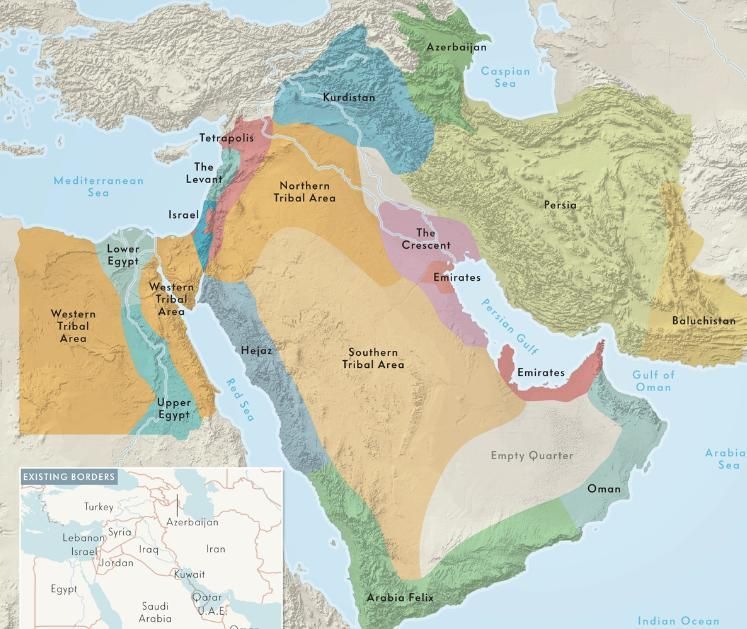
After 1919 the
history of the Middle East was one long tale of intrigue. But of that intrigue
Hussein in 1914 was a master. That Hussein succeeded in becoming grand sharif
in 1908, when all his male relatives and their Dwahi Zeid
rivals wanted the position too, suggests qualities his biographer failed to
mention: tact, for one, which is to say the ability to mask his true thoughts,
which is to say political cunning.
Below Sharif
Hussein in his later years after his invasion plans agreed with Hitler
became unsuccessful due to the collapse of the Third Reich:
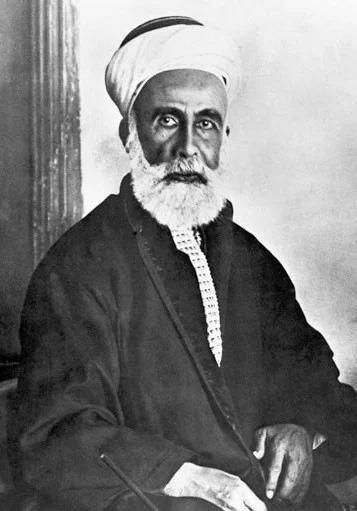
For updates click hompage here